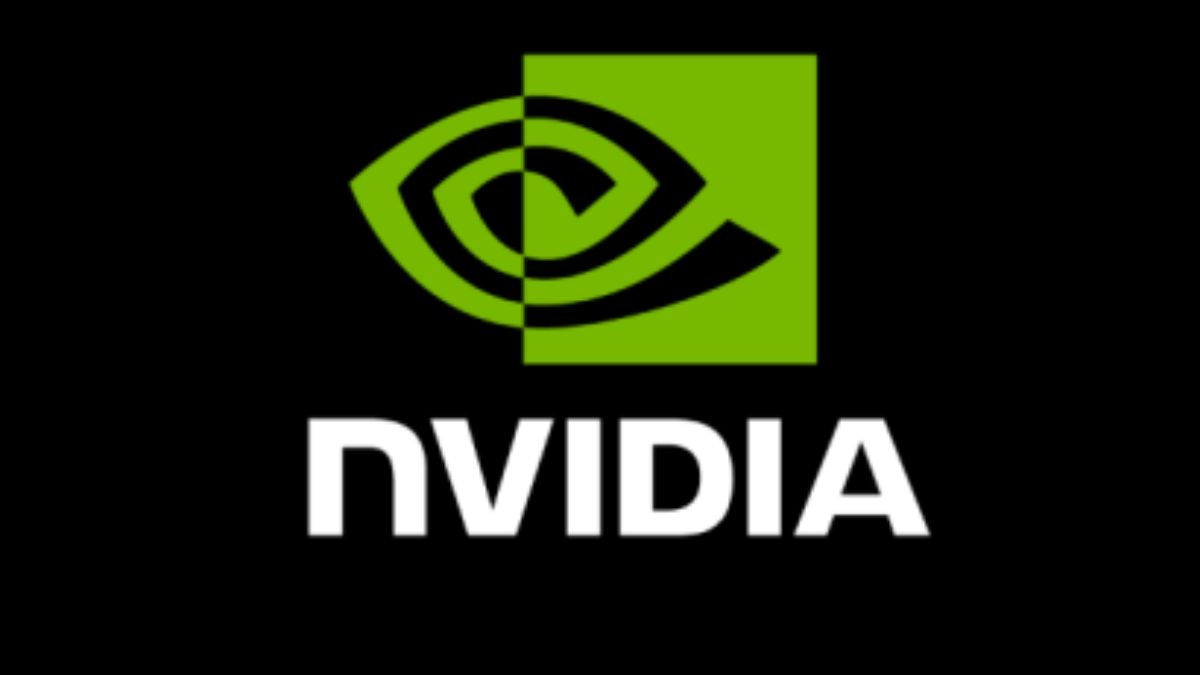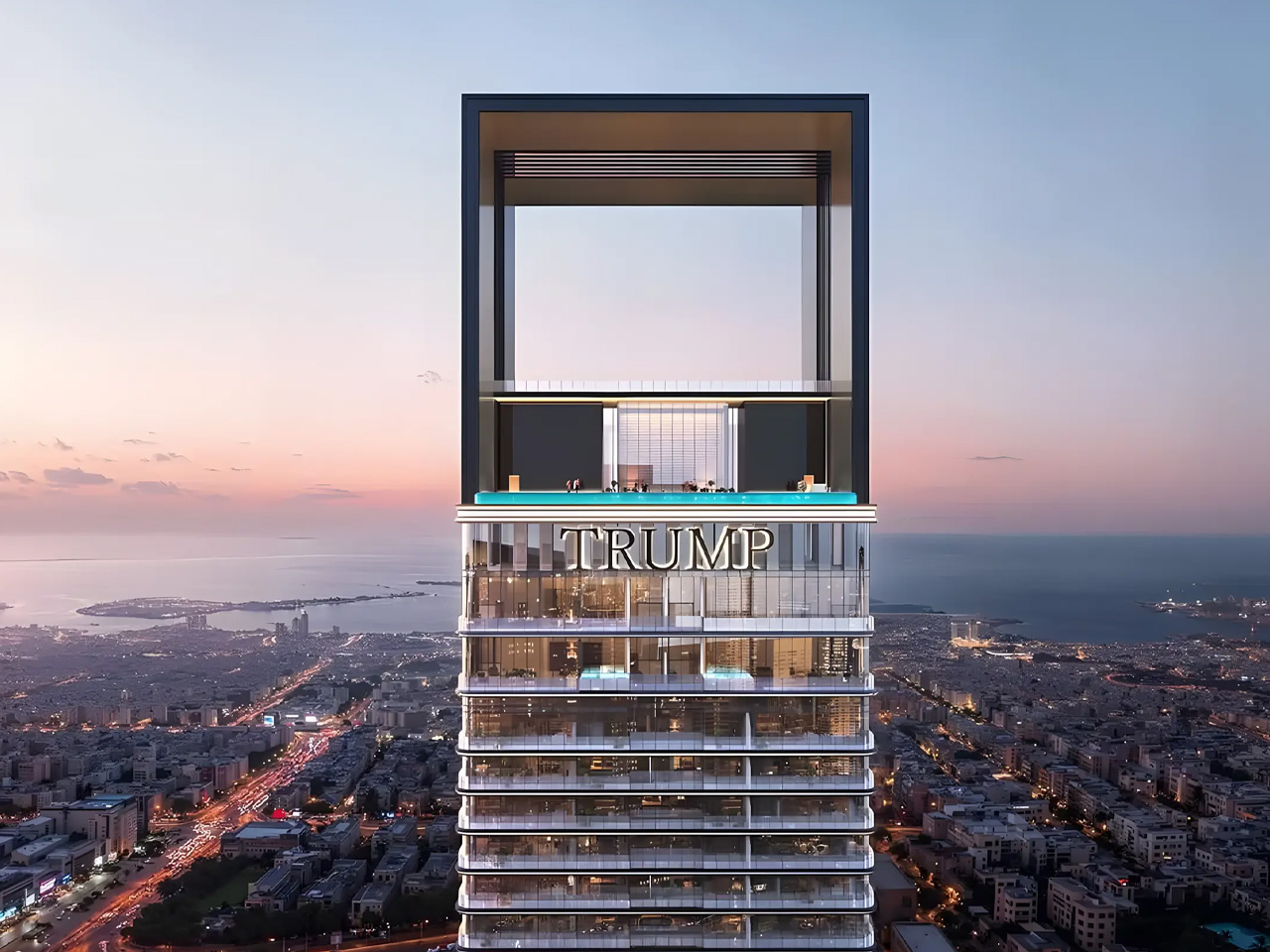Some of Nvidia’s biggest customers in China were blindsided by a new US export restriction on its China-focused H20 AI chip, multiple sources reportedly revealed. According to a Reuters report, the chipmaker did not alert key clients about the licensing requirement imposed by US authorities, even though it was notified about the change on April 9 — nearly a week before the company made it public. Continues below advertisement window.
addEventListener("load", function() { let ad_unit_fire_time = 1000; if(ad_delay_time_abp > 0){ ad_unit_fire_time = parseInt(ad_delay_time_abp) + 500; } setTimeout(function () { googletag.cmd.push(function() { googletag.

display("div-gpt-ad-9167143-2"); }); },ad_unit_fire_time) }); The H20 chip was tailored specifically to comply with earlier US rules and had become Nvidia’s primary offering in the Chinese market. But with the latest move from Washington, even that workaround now faces new hurdles. The US is ramping up its efforts to prevent China from acquiring advanced semiconductor technology, citing national security concerns.
“The US government instructs American businesses on what they can sell and where — we follow the government’s directions to the letter,” Nvidia said in a statement Wednesday. Continues below advertisement window.addEventListener("load", function() { let ad_unit_fire_time = 1000; if(ad_delay_time_abp > 0){ ad_unit_fire_time = parseInt(ad_delay_time_abp) + 500; } setTimeout(function () { googletag.
cmd.push(function() { googletag.display("div-gpt-ad-1253031-3"); }); },ad_unit_fire_time) }); Sales Teams Caught Off Guard Too The surprise wasn’t just limited to Nvidia’s Chinese clients — reportedly, even the company’s local sales teams had no forewarning of the impending licensing clampdown.
This lack of internal communication raised eyebrows, especially since several major Chinese cloud companies were still expecting deliveries of the H20 chip by the end of the year. As of early 2024, Nvidia had racked up H20 orders worth an estimated $18 billion. China accounted for $17 billion in revenue in Nvidia’s last fiscal year, making up 13 per cent of its total global sales.
The sudden requirement for licenses could disrupt that pipeline. Nvidia now faces charges of up to $5.5 billion in the current quarter due to halted shipments, inventory write-downs, and related costs tied to H20 stockpiles.
The news triggered a 6 per cent dip in Nvidia’s share price during after-hours trading on Tuesday. Rising Tide for Local Chipmakers While Nvidia faces headwinds, the restrictions may present a golden opportunity for local Chinese chipmakers. Analysts suggest that companies like Huawei — which offers rival AI chips — could benefit from Nvidia’s limited reach in China.
“By restricting the H20 system, US regulators are effectively pushing Nvidia's Chinese customers toward Huawei's AI chips,” noted Nori Chiou, investment director at White Oak Capital Partners in Singapore. “Huawei's chip design and software capabilities are likely to advance quickly as it gains more customers and development experience.” Chinese tech powerhouses such as Alibaba, ByteDance, and Tencent had all increased H20 orders earlier this year amid booming demand for AI infrastructure.
However, none of the firms responded to Reuters’ requests for comment. Following the announcement, shares of Alibaba dropped 4.1 per cent, while Tencent’s stock fell 1.
8 per cent in Hong Kong trading on Wednesday. As US-China tech tensions continue to rise, Nvidia’s future in its once-lucrative Chinese market now hangs in the balance. Also read Nvidia Hit With $5.
5 Billion Charge As US Ramps Up Restrictions On Chip Exports To China Nvidia's Next Big Bet? Robots, Robots, & More Robots!.
Caught Off Guard: Nvidia's China Clients Surprised By Sudden US Chip Clampdown

Some of Nvidia’s biggest customers in China were blindsided by a new US export restriction on its China-focused H20 AI chip, multiple sources reportedly revealed. According to a Reuters report, the chipmaker did not alert key clients about the licensing requirement imposed by US authorities, even though it was notified about the change on April 9 — nearly a week before the company made it public.The H20 chip was tailored specifically to comply with earlier US rules and had become Nvidia’s primary offering in the Chinese market. But with the latest move from Washington, even that workaround now faces new hurdles. The US is ramping up its efforts to prevent China from acquiring advanced semiconductor technology, citing national security concerns.“The US government instructs American businesses on what they can sell and where — we follow the government’s directions to the letter,” Nvidia said in a statement Wednesday.Sales Teams Caught Off Guard TooThe surprise wasn’t just limited to Nvidia’s Chinese clients — reportedly, even the company’s local sales teams had no forewarning of the impending licensing clampdown. This lack of internal communication raised eyebrows, especially since several major Chinese cloud companies were still expecting deliveries of the H20 chip by the end of the year.As of early 2024, Nvidia had racked up H20 orders worth an estimated $18 billion. China accounted for $17 billion in revenue in Nvidia’s last fiscal year, making up 13 per cent of its total global sales. The sudden requirement for licenses could disrupt that pipeline.Nvidia now faces charges of up to $5.5 billion in the current quarter due to halted shipments, inventory write-downs, and related costs tied to H20 stockpiles. The news triggered a 6 per cent dip in Nvidia’s share price during after-hours trading on Tuesday.Rising Tide for Local ChipmakersWhile Nvidia faces headwinds, the restrictions may present a golden opportunity for local Chinese chipmakers. Analysts suggest that companies like Huawei — which offers rival AI chips — could benefit from Nvidia’s limited reach in China.“By restricting the H20 system, US regulators are effectively pushing Nvidia's Chinese customers toward Huawei's AI chips,” noted Nori Chiou, investment director at White Oak Capital Partners in Singapore. “Huawei's chip design and software capabilities are likely to advance quickly as it gains more customers and development experience.”Chinese tech powerhouses such as Alibaba, ByteDance, and Tencent had all increased H20 orders earlier this year amid booming demand for AI infrastructure. However, none of the firms responded to Reuters’ requests for comment.Following the announcement, shares of Alibaba dropped 4.1 per cent, while Tencent’s stock fell 1.8 per cent in Hong Kong trading on Wednesday. As US-China tech tensions continue to rise, Nvidia’s future in its once-lucrative Chinese market now hangs in the balance.















